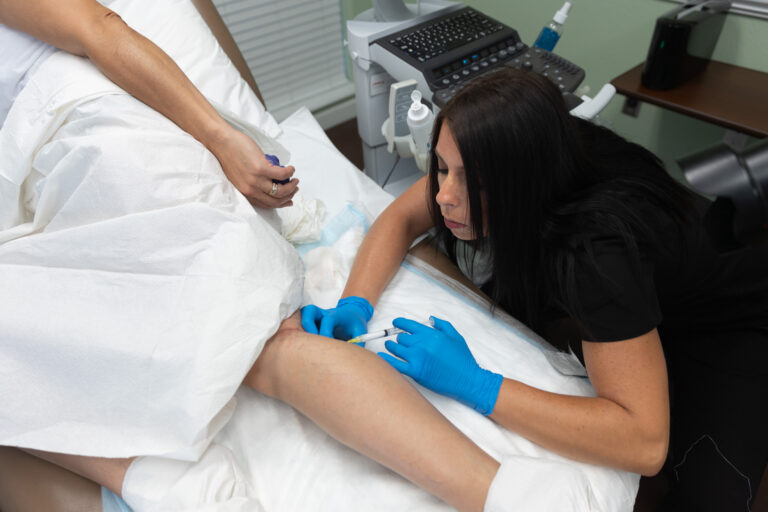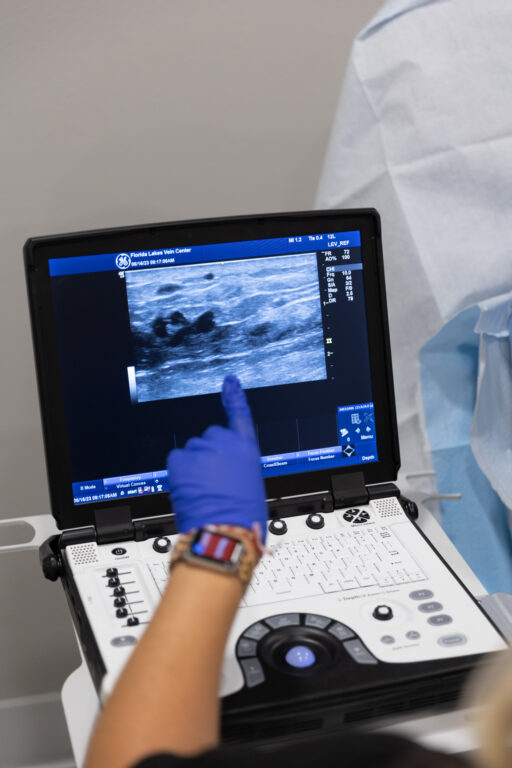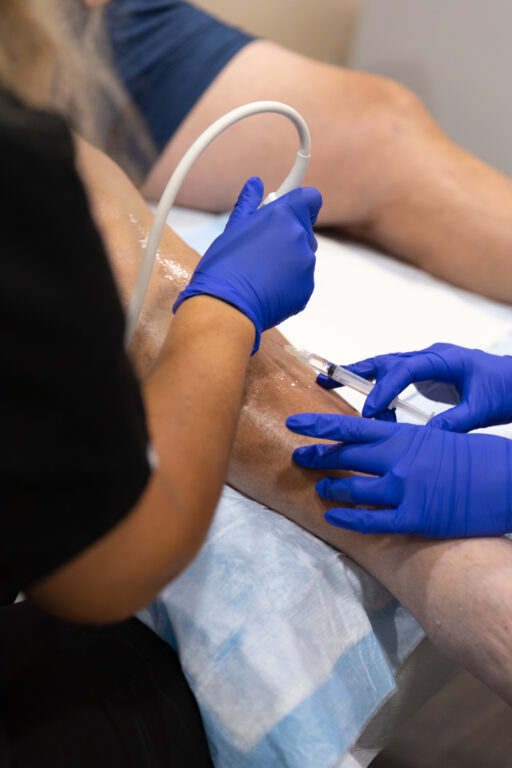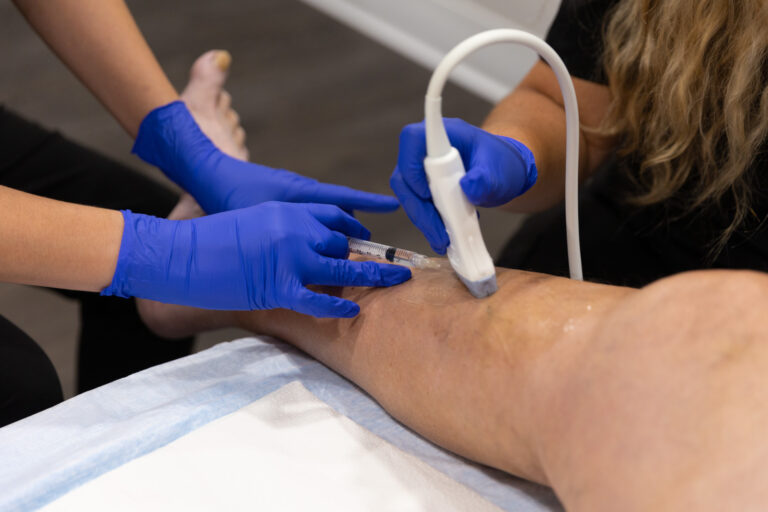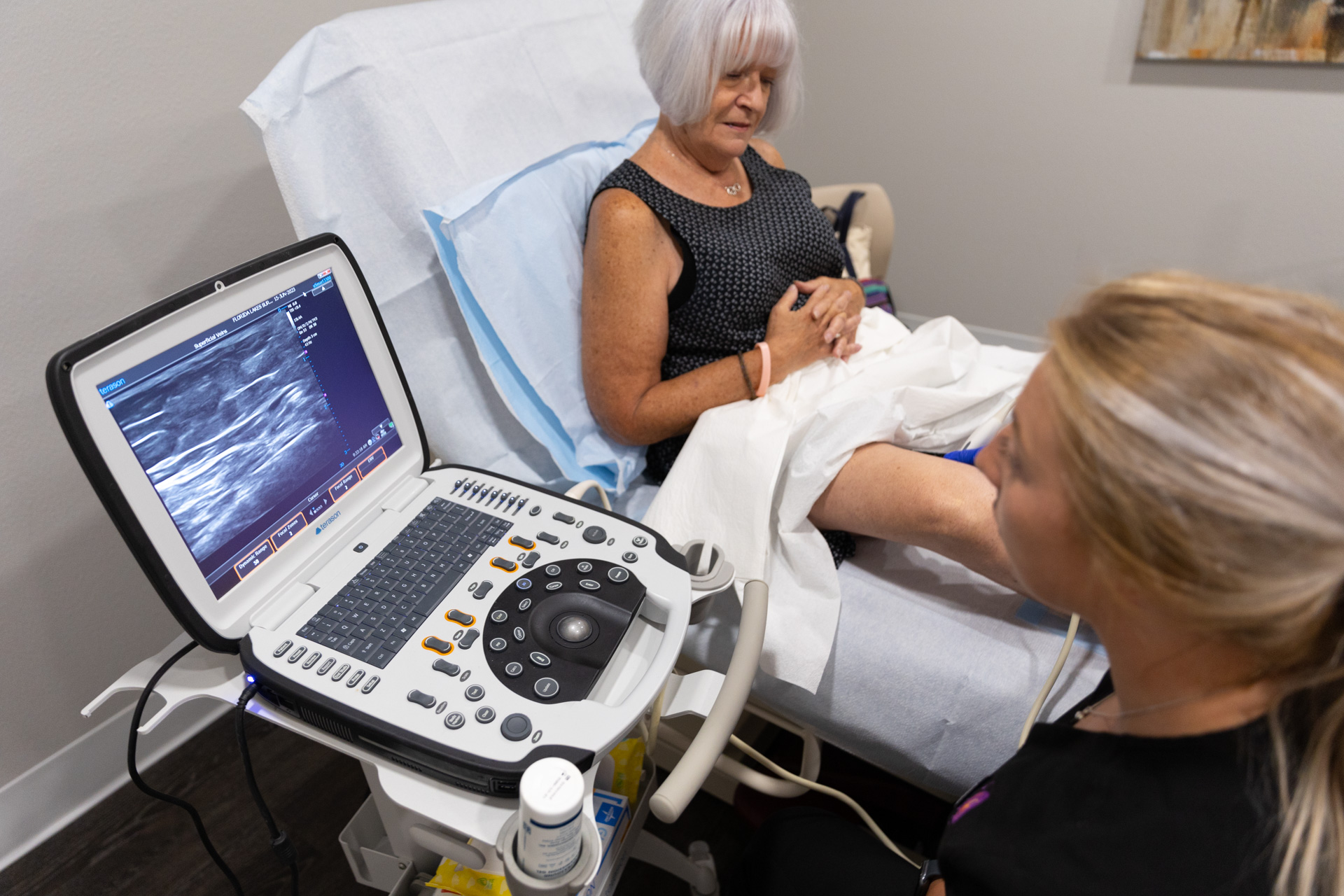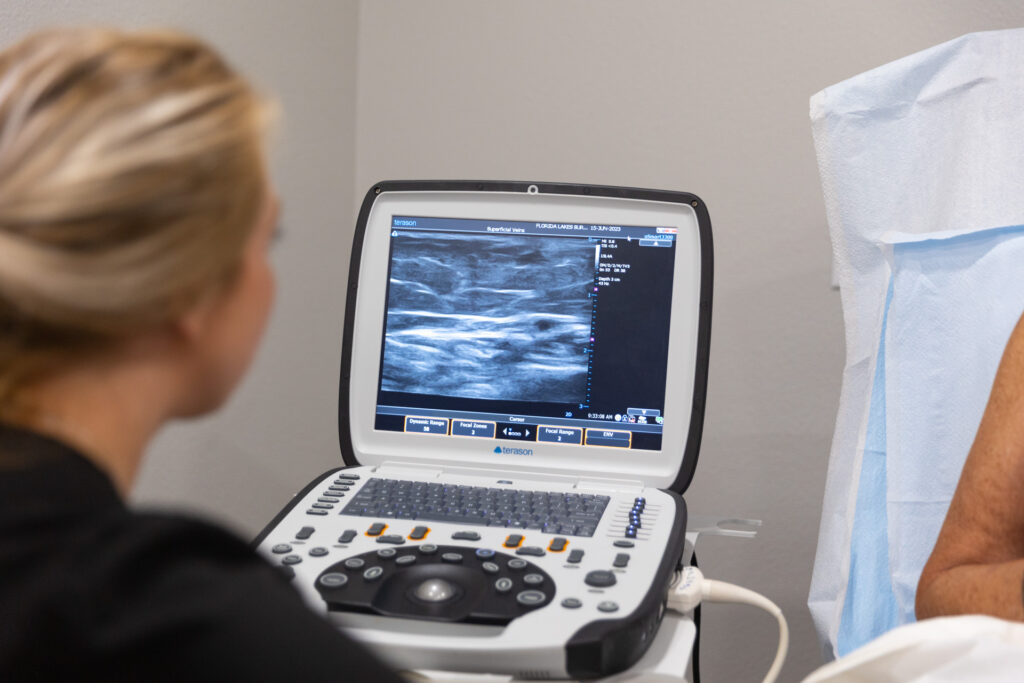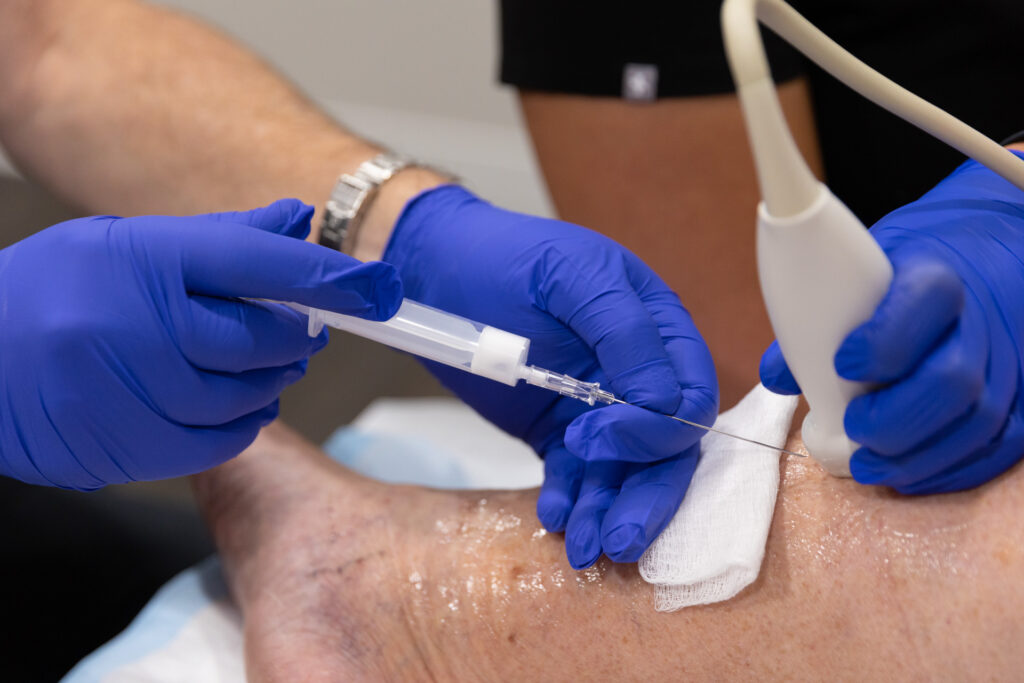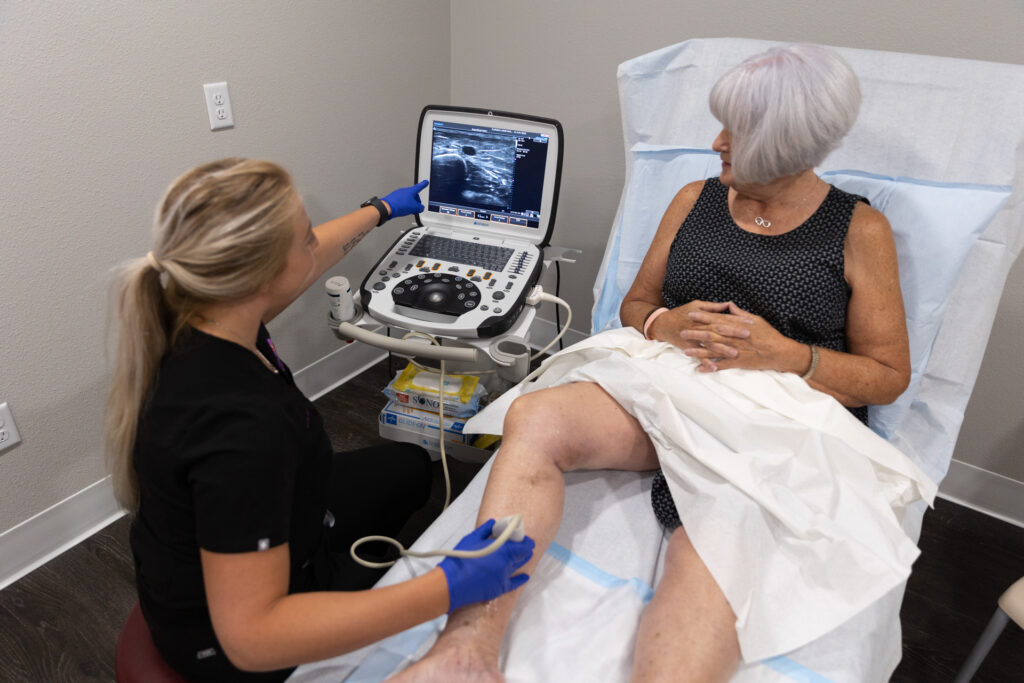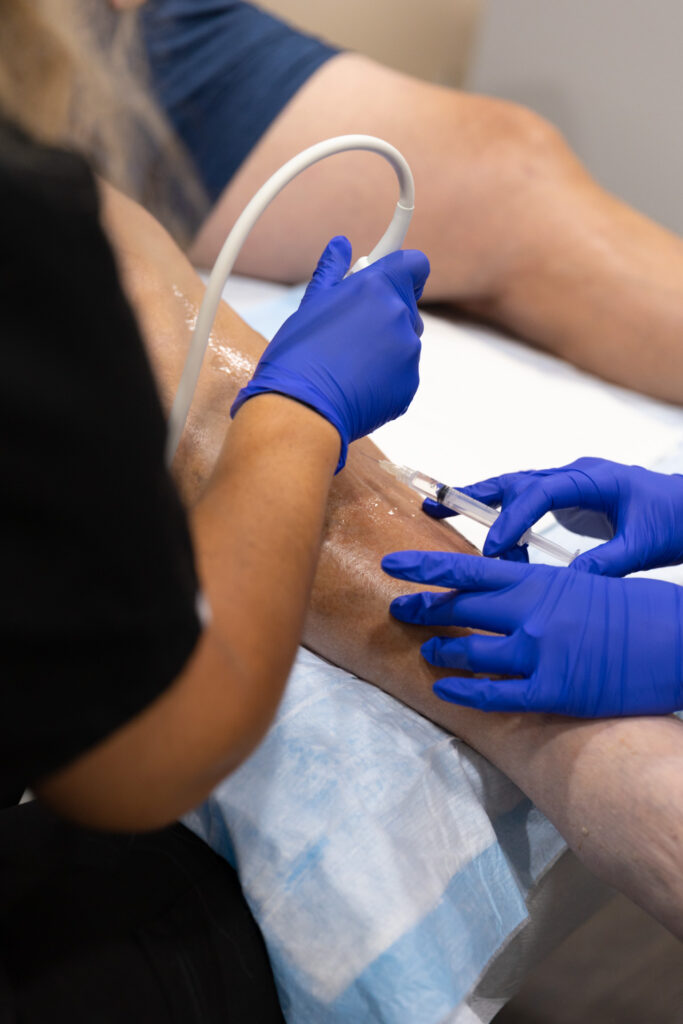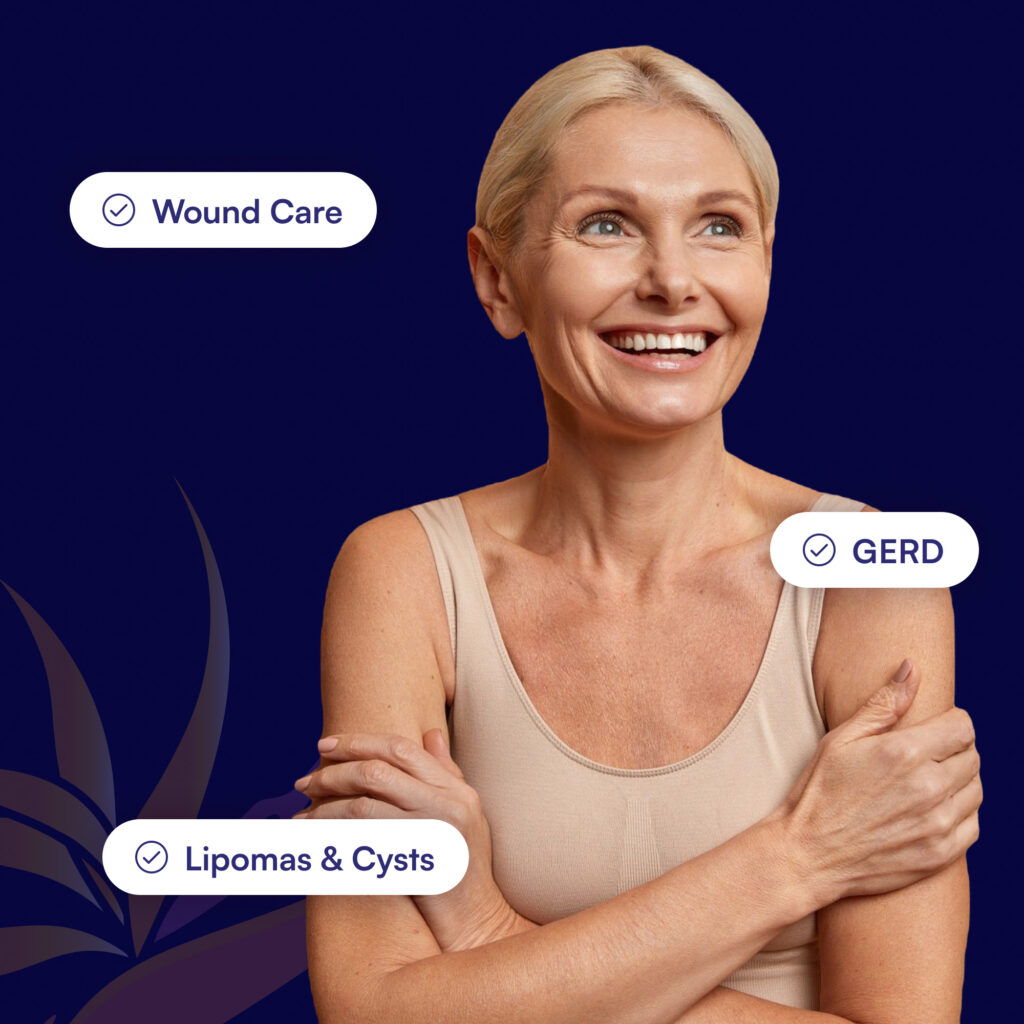After your vein surgery in Sebring, recovery is quite minimal. We’ll let you know how exactly to care for the treatment site, but generally, downtime will include one week of rest and elevating the leg.
Get Relief From Varicose Veins
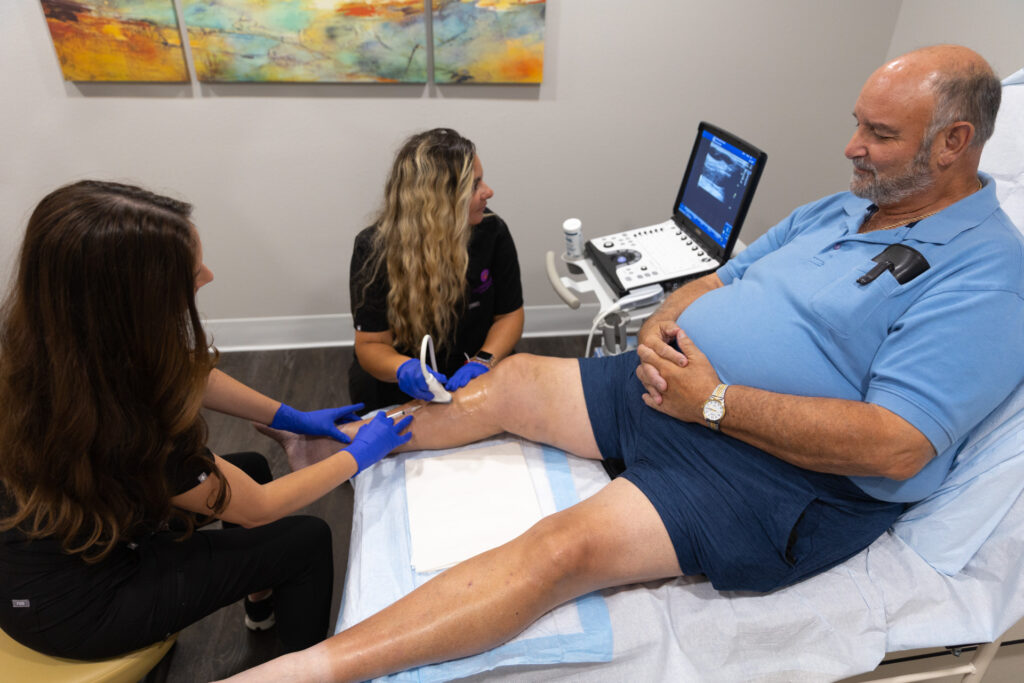
Get Relief From Varicose Veins
Varicose veins are bulging, rope-like veins that appear on the legs. Not only do many patients dislike them for their appearance, but they can be painful or itchy as well.
Smaller varicose veins might be treated with noninvasive methods, but larger, more severe ones require surgical treatment from an expert at Florida Lakes Surgical!
Smaller varicose veins might be treated with noninvasive methods, but larger, more severe ones require surgical treatment from an expert at Florida Lakes Surgical!
Varicose veins are bulging, rope-like veins that appear on the legs. Not only do many patients dislike them for their appearance, but they can be painful or itchy as well.
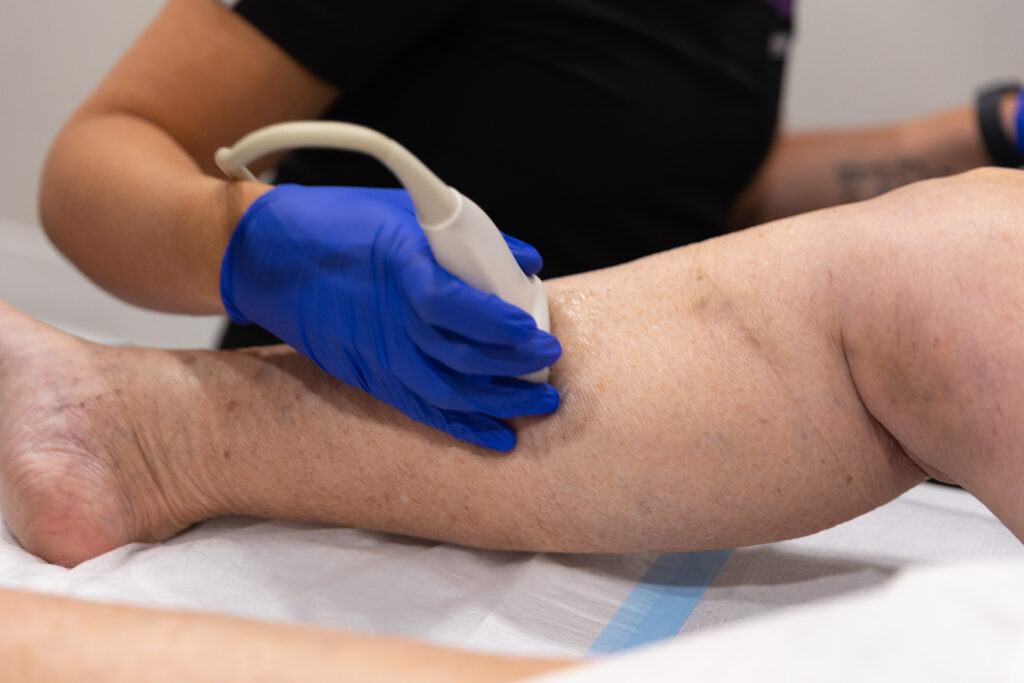

Varicose veins are bulging, rope-like veins that appear on the legs. Not only do many patients dislike them for their appearance, but they can be painful or itchy as well.
More Resources for You
How Vein Surgery Works
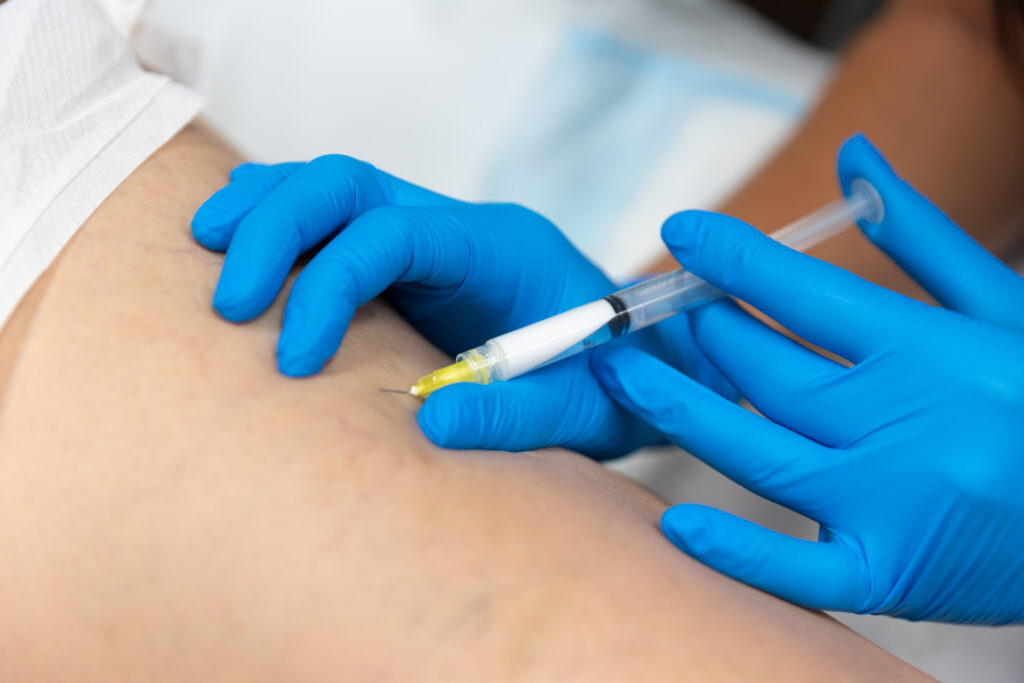
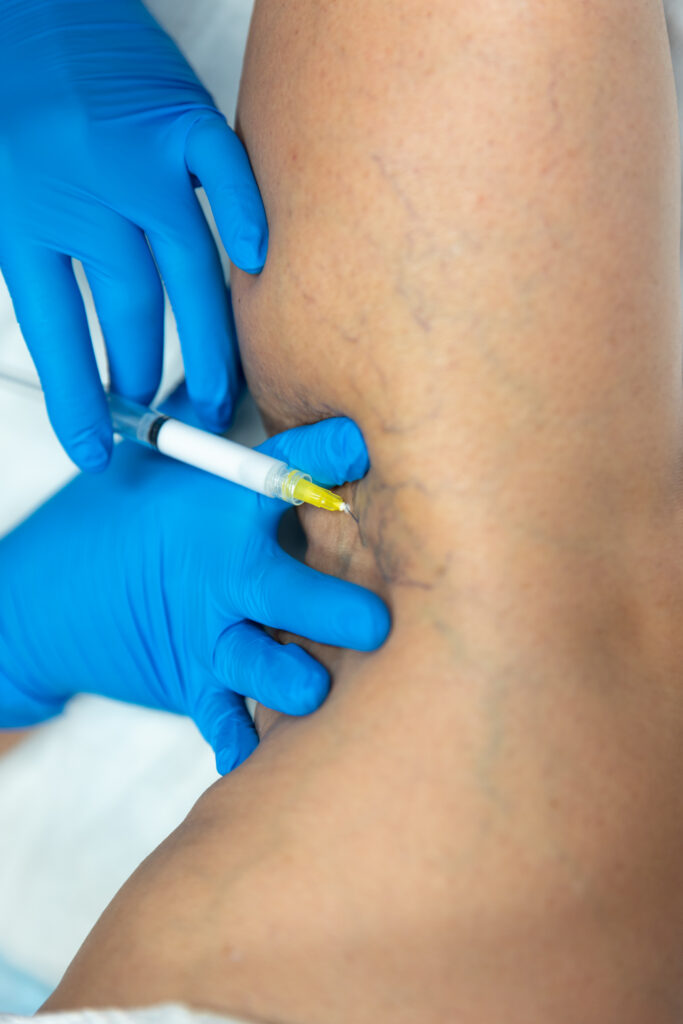
At your appointment for vein surgery in Sebring, you’ll lie down on our treatment table. After numbing the treatment area, our surgeon will make small incisions near the varicose vein. Depending on the severity of your varicose veins, we may remove varicose veins through the incision, or insert a surgical device into the vein to close it off.
Frequently Asked Questions About Vein Surgery
Varicose veins develop from chronic venous insufficiency, where your vein walls weaken and let blood pool in the leg. Patients who sit or stand for long periods, who are overweight, or who have a family history are more likely to get varicose veins.
While varicose veins themselves aren’t a serious health concern, they can progress into more painful conditions. They can cause a painful ulcer on the leg, or they can easily burst and bleed, due to their proximity to the skin surface.
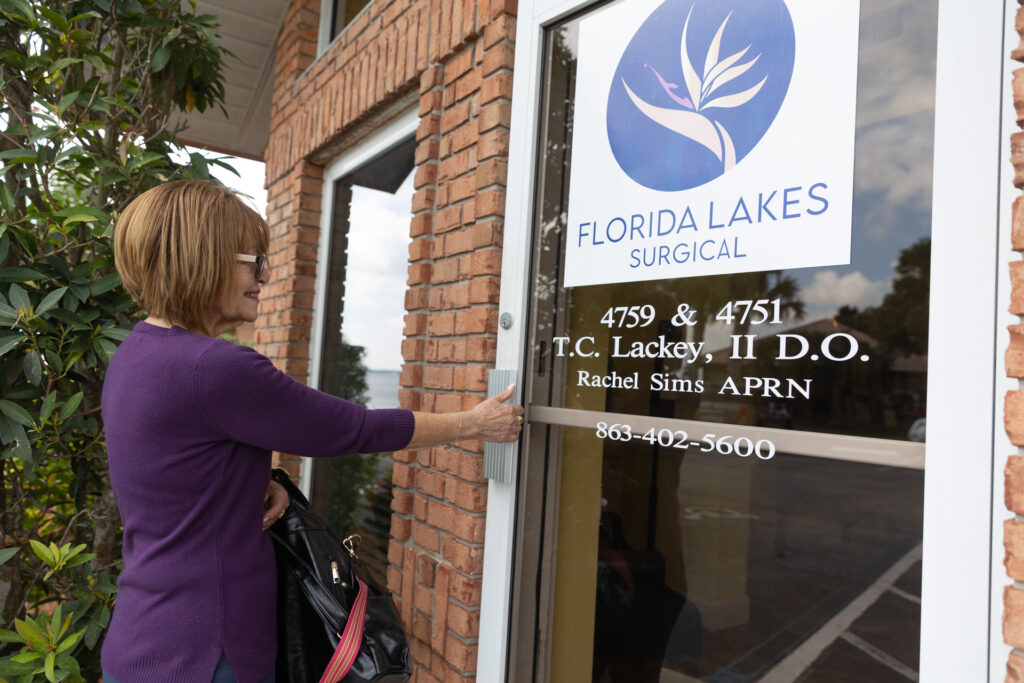

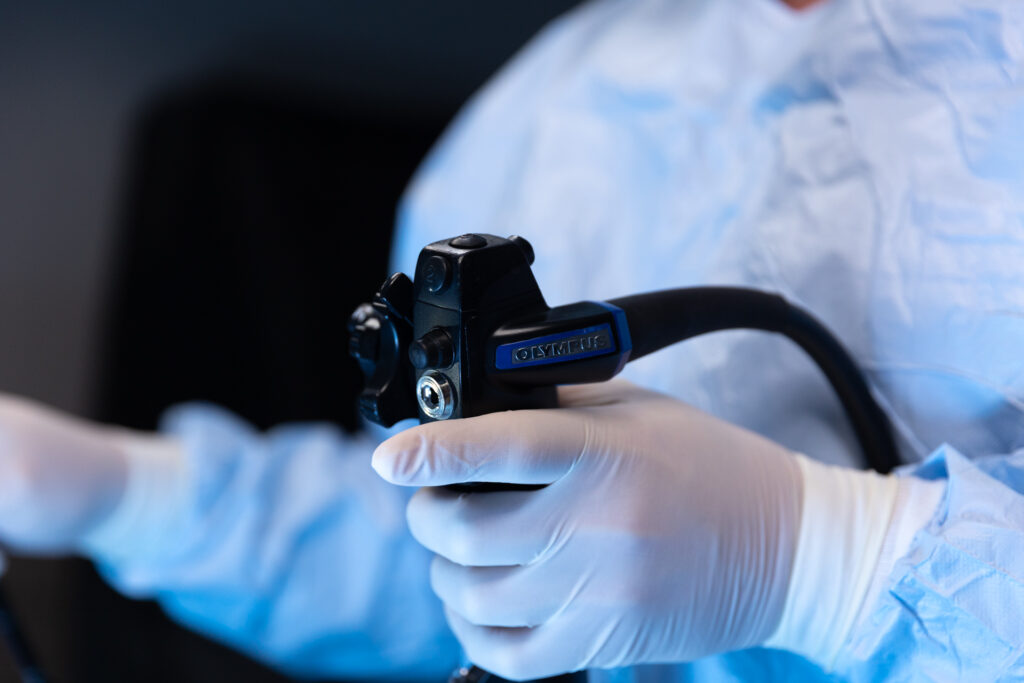
About Florida Lakes Surgical
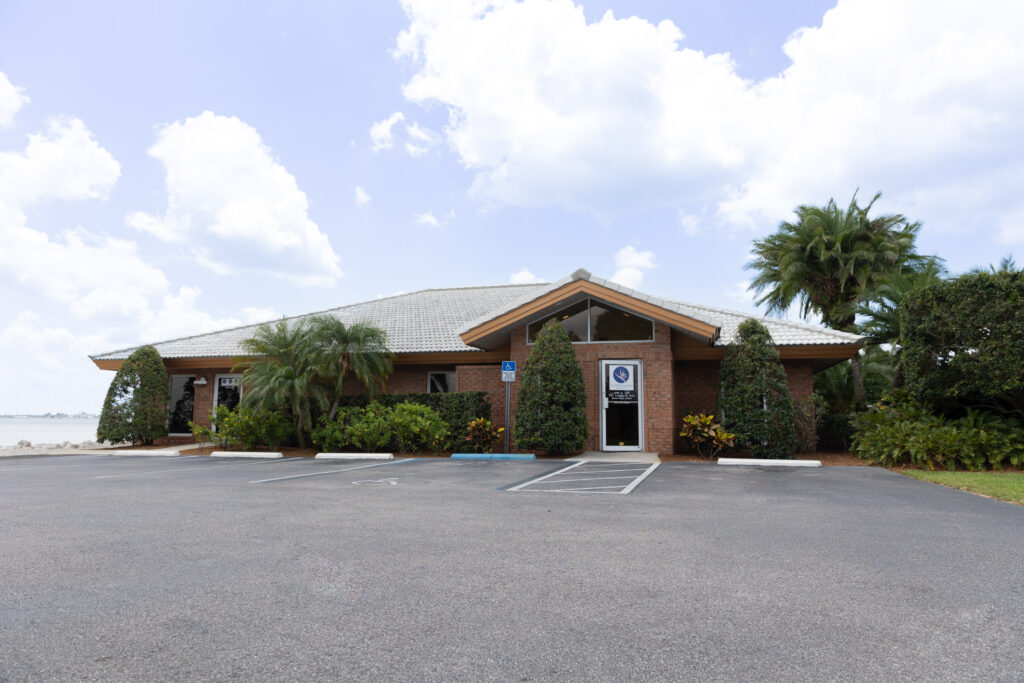
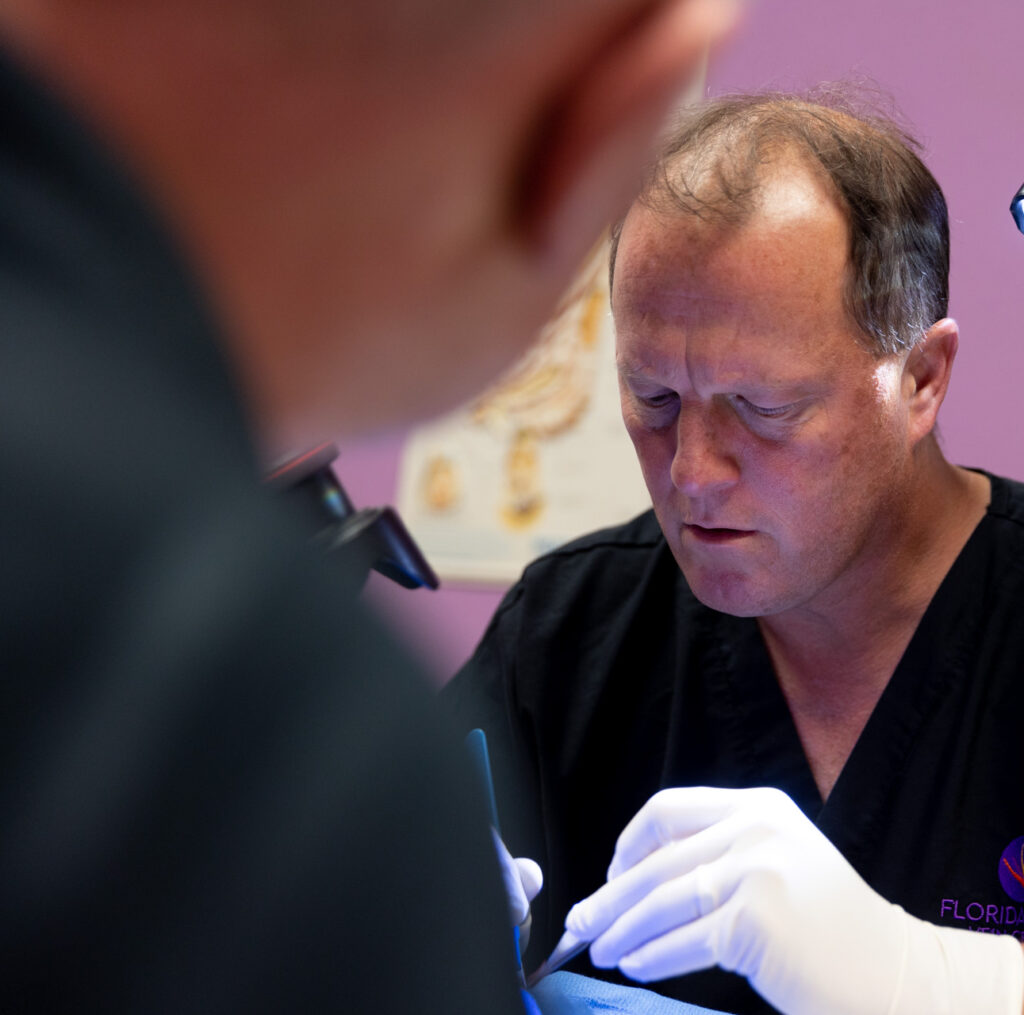
The team at Florida Lakes Surgical strives to help all of our patients experience life free from the pain and discomfort of varicose veins.
As the trusted specialists in vein surgery in Sebring, we explore all possible options for our patients before selecting a method that will both fit into their lifestyle and give them much-needed healing.
Is Vein Surgery Right for Me?
If you have varicose veins, chances are, you’d like to be rid of them. Come visit Florida Lakes Surgical to explore your treatment options!
